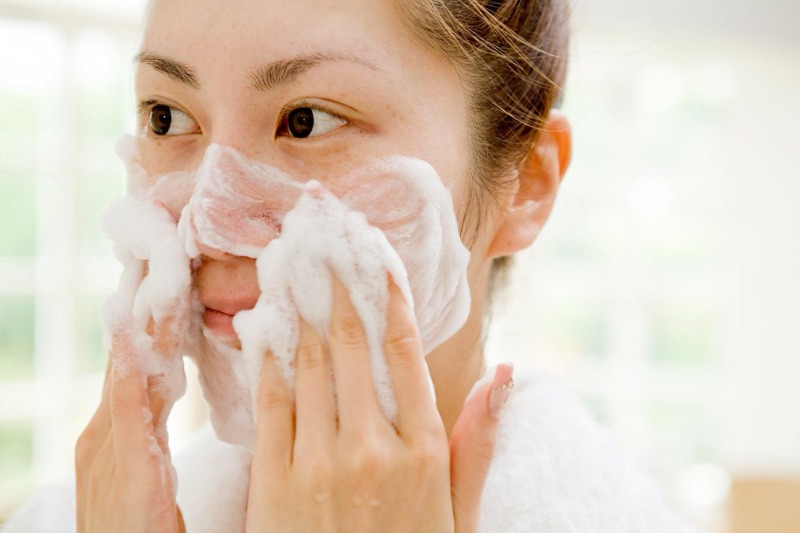Beauty Spas and Salons in Raleigh, North Carolina: Your Ultimate Guide to Relaxation
Raleigh, North Carolina, often referred to as the “City of Oaks,” is not only known for its richhistory and vibrant cultural scene but also for its burgeoning beauty and wellness industry. Asthe city continues to…





